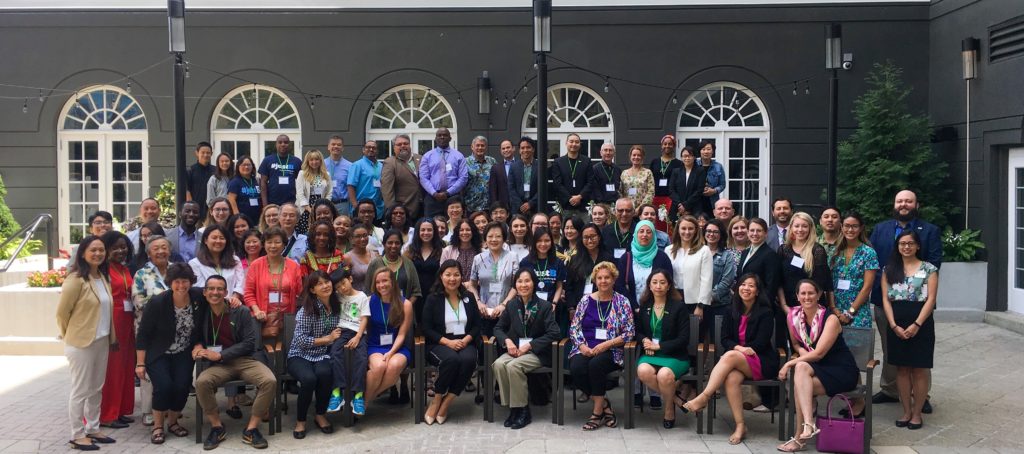Cross-posted from HHS.gov Hepatitis Blog
While the United States is taking action to address recent spikes in acute viral hepatitis infections around the country, we must not forget the more than 2 million Americans living with chronic hepatitis B, over half unaware of their infection and at risk of developing liver disease, including liver cancer. Communities at risk of chronic hepatitis B infection are often the most vulnerable and face barriers to health care access including language, cultural, transportation, housing, and other social resource needs. There is a lot to learn from partners across the nation that can be useful when adapted to other communities.
What is Hep B United?
Recognizing the gaps in coordinated hepatitis B education, prevention, and linkage to care efforts, the Hep B United coalition was established in 2011 by the Hepatitis B Foundation and the Association of Asian Pacific Community Health Organizations (AAPCHO) to provide a community network for sharing best practices, resources, and capacity building. Hep B United is a national coalition of over 40 national and community-based hepatitis B organizations in 31 cities, 21 states and the District of Columbia. The coalition is dedicated to reducing the health disparities associated with hepatitis B by increasing awareness, screening, vaccination, and linkage to care for high-risk communities.
How is Hep B United working toward hepatitis elimination?
From Mississippi to Ohio to California, local community coalitions comprised of health and social service organizations, local businesses, academic research institutions, federally qualified health centers, local and state health departments, student organizations, and others are working to:
- “find the missing millions” living with chronic hepatitis B in the United States;
- ensure that they are able to access sustainable medical care for their hepatitis B; and
- prevent the next generations from becoming infected.

Continue reading Uniting to Eliminate Hepatitis B in the United States →
